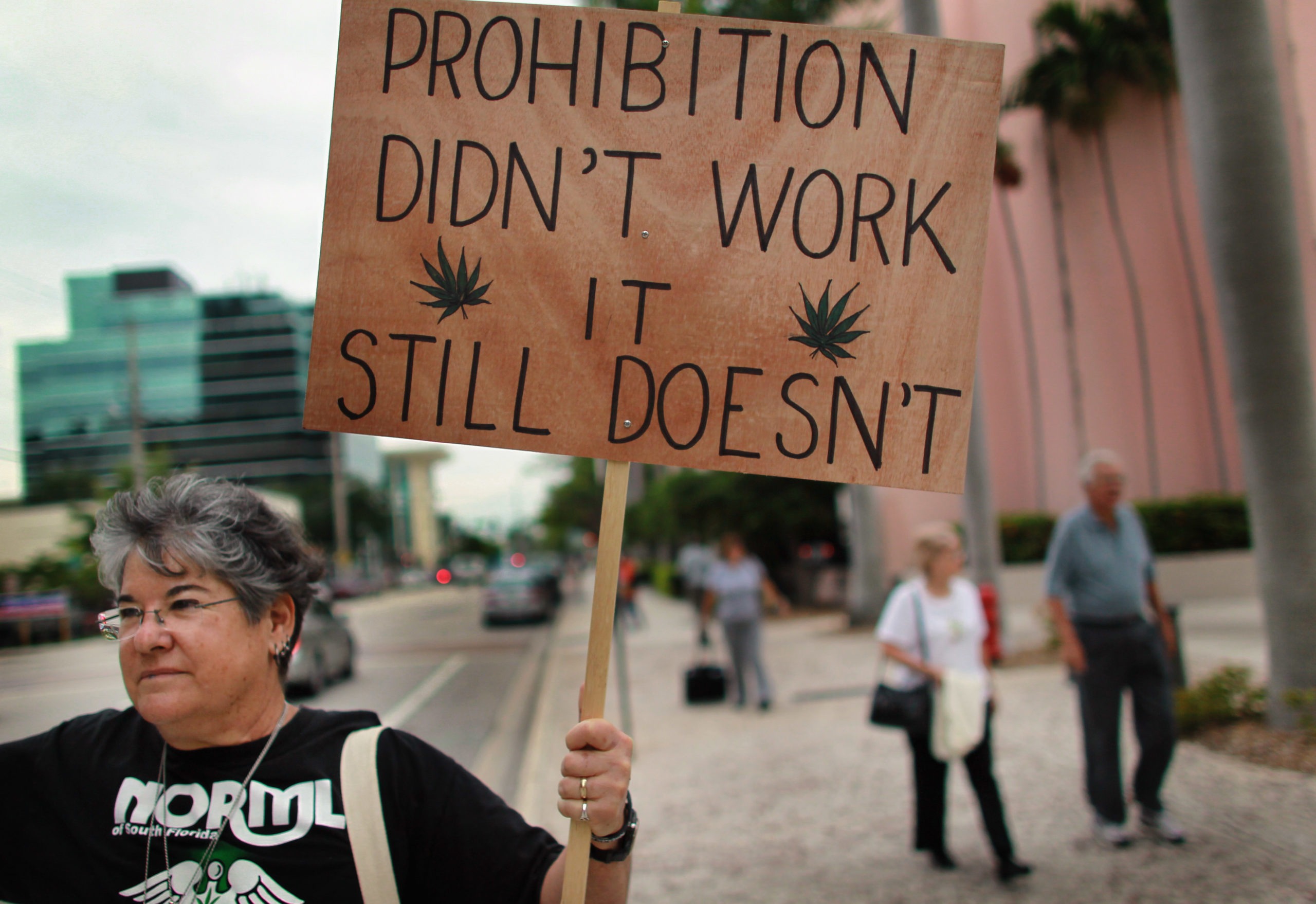America Wants Marijuana Reform. Congress Shouldn’t Stand In The Way.
Investing in local communities and rolling back the criminalization of marijuana is exactly what the country needs right now.

This Friday, my colleagues and I in the U.S. House of Representatives will vote on the Marijuana Opportunity Reinvestment and Expungement Act, which I co-sponsored with a bipartisan group of more than 100 other lawmakers. Passing the MORE Act would mean federally decriminalizing marijuana, allowing states to legalize marijuana on their own, expunging certain past marijuana convictions, and investing in communities negatively impacted by the decades-long “war on drugs.”
While the U.S. House is expected to pass this crucial legislation, we must fight to see it through all the way to the executive branch. Making it the law of the land would not only begin to undo the damaging effects of mass incarceration, but it would also reinvest in communities that have been utterly gutted of their people and resources. According to the FBI, 40 percent of drug arrests in 2018 were for marijuana-related offenses, and most involved simple possession. We must pass the MORE Act not only to restore communities decimated by over-policing and mass incarceration, but to actually invest in them for the future.
Justice is long overdue for Black and brown communities ravaged by broken windows policing. But this bill is especially important during the ongoing pandemic, as continuing to arrest and incarcerate people for drug use does more harm than good; it ultimately threatens further spreading of the coronavirus in jails and throughout local communities. The Marijuana Justice Act, which I introduced in the House years ago, was the first marijuana reform bill that was centered on racial justice. I’m proud that the provisions of my original legislation are included within the MORE Act, and I’m committed to keeping the communities most impacted by the war on drugs at the center of the reform movement.
Marijuana legalization was a clear winner in the November election, as one in three Americans will now live in a state with legal marijuana. In red states like Montana and South Dakota; swing states like Arizona; and blue states like New Jersey, marijuana legalization ballot measures were extremely successful, in many cases at levels approaching supermajorities. In every single one of these states–from red to blue, east to west, urban to rural–marijuana legalization far outperformed the states’ Democratic tickets.
In my state of California, voters overwhelmingly passed Proposition 64 in 2016, which legalized marijuana use. Following its passage, marijuana arrests decreased by 56%, demonstrating the power decriminalization has to curb mass incarceration.
None of this should come as a surprise. We knew the popularity of marijuana legalization and the MORE Act long before November 3rd. Support for these policies has been steadily rising since the 1970s. This summer, polling from Data for Progress and the Justice Collaborative Institute found that when asked about its specific provisions, 59 percent of voters, including a majority of Republicans, support the MORE Act.
The nationwide wins this cycle demonstrate a strong mandate for progressive marijuana legislation, and the chance that this legislation passes the Senate and is signed into law is no longer a pipe dream. The MORE Act has Republican co-sponsors in the House and is expected to receive support from a number of others. Rank-and-file conservatives in red states voted overwhelmingly for legalization. We finally have a strong coalition, transcending party lines, that can help us reconcile the horrific legacy of the so-called war on drugs.
Investing in local communities and rolling back the criminalization of marijuana is exactly what the country needs right now. Once it is affirmed in the House, the Senate must pass this bill without delay and send it to the President’s desk. Voters nationwide are clearly ready for reform, and it’s long past time for Congress to listen to the will of the people and act on Americans’ support for decriminalizing marijuana.
Barbara Lee represents California’s 13th Congressional District in the U.S. House of Representatives.
